Developing enquiries
Developing child led enquires encourages children to be active learners by raising their own questions which supports a whole classroom. Good enquiry questions support higher order skills such as: analysing, evaluating, researching, interpreting, critical thinking and reaching a final judgement or conclusion.
Sort by:
Date (Newest first) | Title A-Z
Show:
All |
Articles |
Podcasts |
Multipage Articles
-

Poverty in Britain: A development study for Key Stage 2
ArticleClick to view -
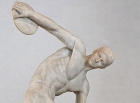
Primary History and planning for teaching the Olympics - four curricular models
ArticleClick to view -

Promoting talk during history lessons
ArticleClick to view -
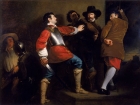
Resourcing primary history: How to avoid going for any old thing
ArticleClick to view -
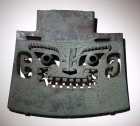
Searching for the Shang in Shropshire
ArticleClick to view -
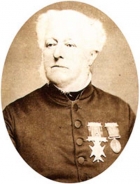
Shropshire's Secret Olympic History
ArticleClick to view -

So was everyone an ancient Egyptian?
ArticleClick to view -
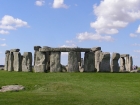
Stone Age to Iron Age - overview and depth
ArticleClick to view -

Studying the Maya
ArticleClick to view -

Teaching the First World War in the primary school
ArticleClick to view -

The Leeds Community History Project
ArticleClick to view -
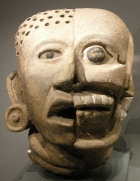
The Maya: a 4,000-year-old civilisation in the Americas
ArticleClick to view -
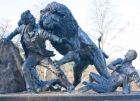
Thematic or topic based whole school curriculum planning
ArticleClick to view -

Using cemeteries as a local history resource
ArticleClick to view -

Using classic fiction to support the study of childhood in Victorian times
ArticleClick to view -

Using the back cover image: Sandbach Crosses - an Anglo-Saxon market cross
ArticleClick to view -

Viking and Anglo-Saxon struggle for the kingdom of England
ArticleClick to view -

What can you do with a Victorian Trade Directory…?
ArticleClick to view -

What confuses primary children in history...
ArticleClick to view -
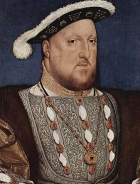
What do we mean by Big Picture History?
ArticleClick to view

